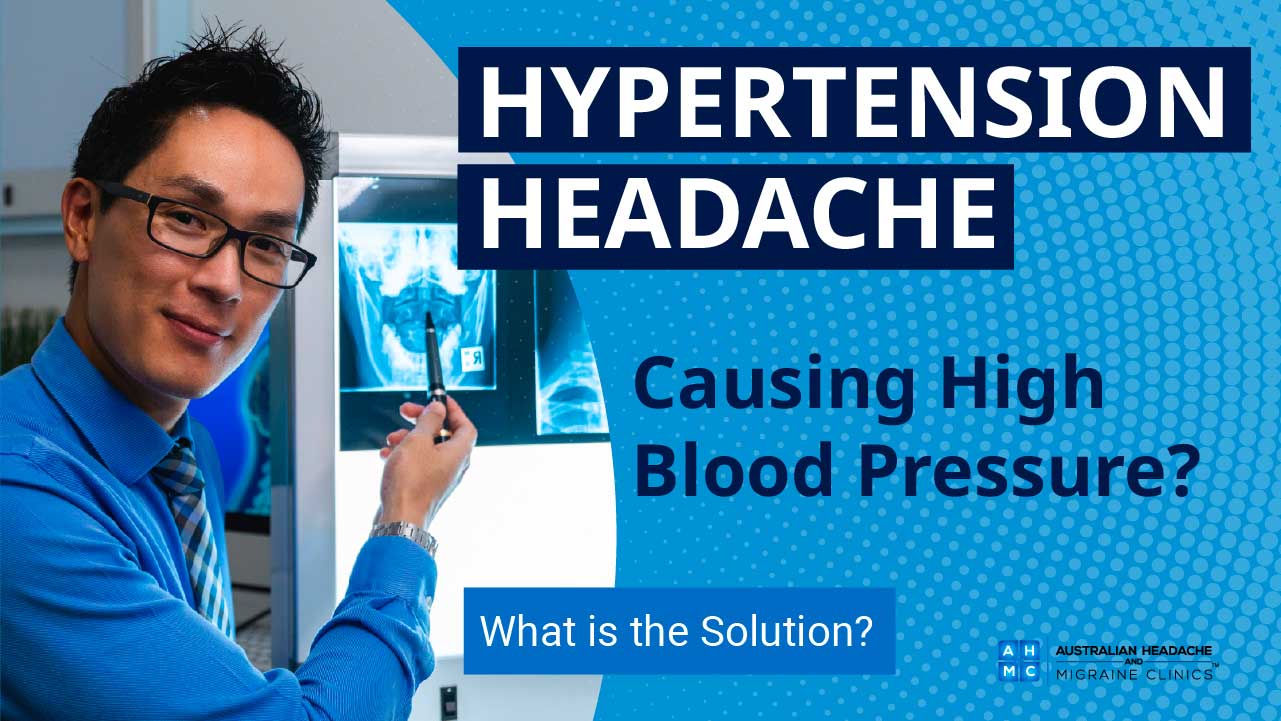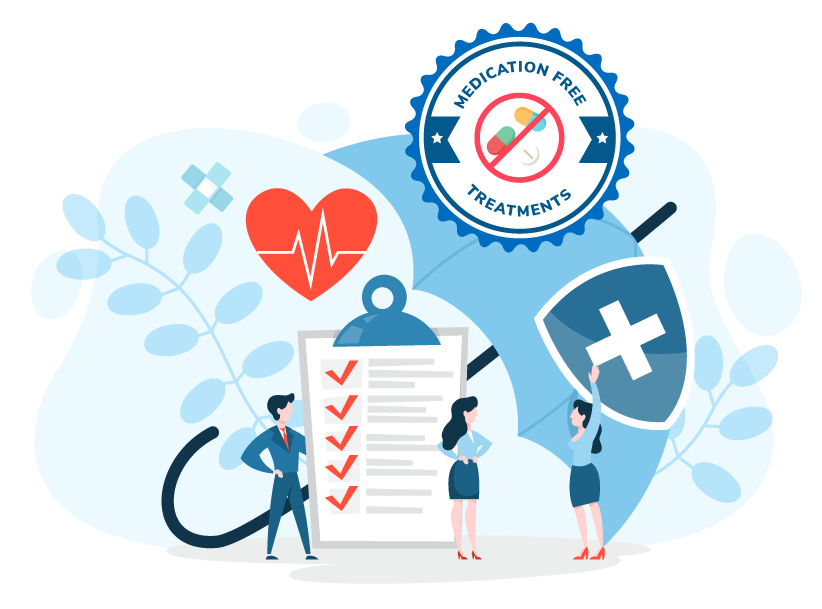Are you suffering from Hypertension Headache?
Hypertension Headache Treatment
Headache is a commonly described symptom of hypertension, or high blood pressure, but the link between the two has not been accurately established. GP guidelines still encourage a headache history to be used as an assessment tool for hypertension, even though it has only been confirmed that headaches are commonly present in patients who reach ‘hypertensive crisis’.
Blood pressure readings of 140-160/90-99 mmHg indicate a diagnosis of ‘mild hypertension’ and there has been a reported link to headache symptoms in this population; with around 10% of the population having hypertension and a higher prevalence in people aged over 75.
At the Sydney Migraine and Headache Clinics, we specialise in assessing the cervical spine to determine the root cause of your hypertension headache. If we can prove that this is the case, we can start treatment immediately, with expected results in the first 6 sessions, as we see with 85-90% of our patients. Most importantly, our treatment is safe, gentle, medication-free and non-invasive.
Ready to find relief? Book an appointment today and take the first step towards a headache-free life.








